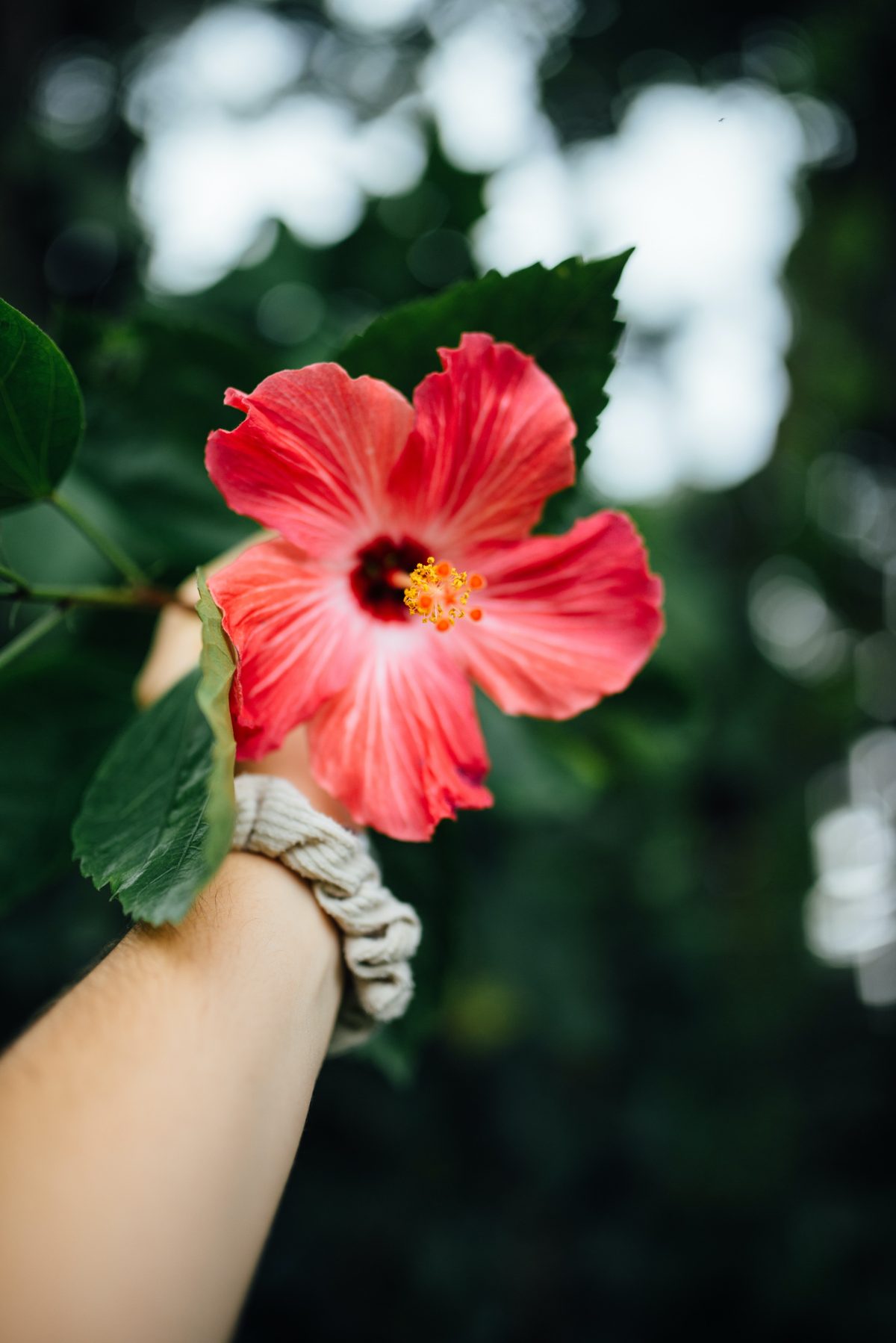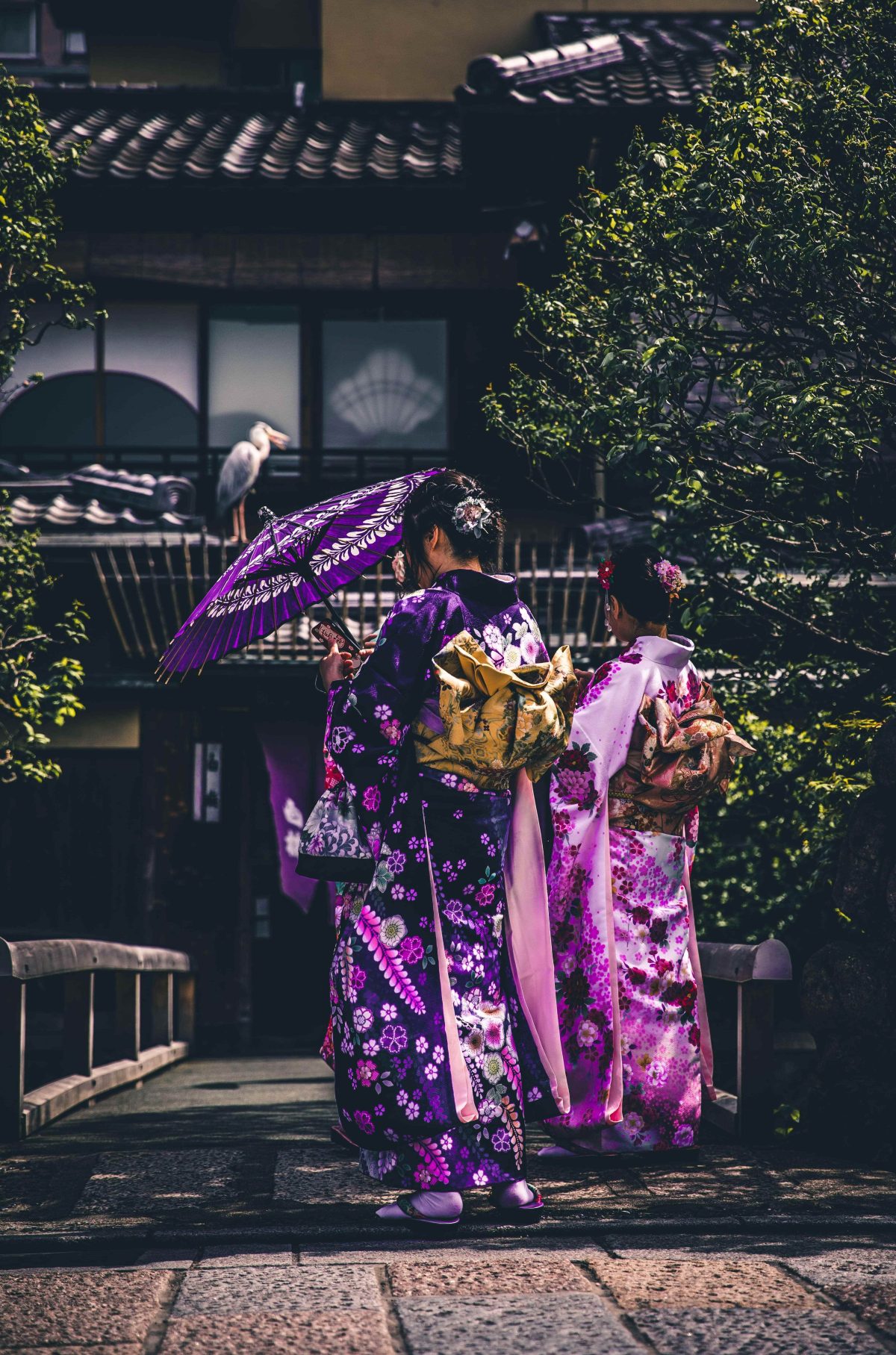The Pirahã language spoken by the Pirahã people in the Amazon rainforest, is known for its intriguing absence of numbers or number words. In Pirahã, there are no words for numbers; instead, speakers use relative terms like ‘few’ or ‘many.’


The Pirahã language spoken by the Pirahã people in the Amazon rainforest, is known for its intriguing absence of numbers or number words. In Pirahã, there are no words for numbers; instead, speakers use relative terms like ‘few’ or ‘many.’

Did you know that the Hawaiian language features a concise alphabet consisting of just 13 letters? Known as Ka pīʻāpā Hawaiʻi, this alphabet includes five vowels (a, e, i, o, u) and eight consonants (h, k, l, m, n, p, w, ʻokina). The Hawaiian writing system is phonetic – each letter corresponds to a sound.
Additionally, the Hawaiian language incorporates diacritical marks such as the kahakō (macron), used to indicate vowel length, and ʻokina (glottal stop). These are not counted as separate letters though!

Australia once flourished with an astonishing variety of nearly 250 distinct Indigenous languages. However, only around 13 of these languages remain in common use today. The impact of colonisation on Indigenous languages underscores the urgent need to protect and honour this remarkable cultural heritage.

Did you know that the Chinese word for “crisis” (危机) is composed of two characters, one meaning “danger” (危) and the other meaning “opportunity” (机)? While there is some debate over the interpretation of the second character, it generally carries connotations of a favourable or advantageous moment in time. This concept of finding opportunity in difficult circumstances can be a powerful motivator for personal growth and business strategy.

The Welsh language, which is spoken in Wales, is home to Europe’s longest place name, “Llanfairpwllgwyngyllgogerychwyrndrobwllllantysiliogogogoch.” This village is situated on the island of Anglesey in North Wales, and its name translates to “St. Mary’s Church in the hollow of the white hazel near a rapid whirlpool and the church of St. Tysilio near the red cave.” The name was coined in the 19th century as a publicity stunt to draw visitors to the village, and it remains a popular tourist destination. Though it can be quite challenging to pronounce, it is a source of pride for many Welsh speakers who take pride in their language and culture.

Did you know that Finnish is one of the languages that has a “vowel harmony” system? This means that the vowels in a word must follow a specific pattern or “harmony”. If the first vowel in a word is a front vowel (like “e” or “i”), then the following vowels must also be front vowels. Similarly, if the first vowel in a word is a back vowel (like “a” or “o”), then the following vowels must also be back vowels.
This system is an important feature of this language, making it unique and distinctive, and it can also help learners of the language to recognize patterns in words and improve their pronunciation.


Have you heard of a cultural concept called “ikigai,” a Japanese term which roughly translates to “a reason for being” or “a sense of purpose in life”? Although it’s more of a Western management concept than an actual part of Japanese culture, it is often cited as a key factor in the country’s high levels of happiness and longevity. The concept of ikigai is related to the idea of finding one’s passion or calling in life, and it is often associated with work or vocation. However, it can also refer to more personal or spiritual pursuits, such as raising a family, pursuing a hobby, or serving one’s community.

“Mamihlapinatapai” is a Yaghan word from Tierra del Fuego, meaning “a look shared by two people, each wishing that the other will initiate something that both desire but which neither one wants to start.” It’s a complex concept that doesn’t have an equivalent in English, and the word has become well-known as an example of the richness and complexity of indigenous languages around the world.

Honorifics, known as “keigo,” are utilized in Japanese language to express respect and indicate a person’s social status or relationship to the speaker. There are three types of honorifics:
“Sonkeigo,” is used to express respect towards individuals who hold a higher status than the speaker, such as their boss, elders, or customers. This form is never used to refer to oneself, only when discussing someone else.
“Teineigo” is the most commonly used polite form in Japanese, and it is typically the first form that students learn in Japanese language classes. This form is utilized when the speaker is not familiar with the person they are speaking to or wishes to maintain a certain level of formality and distance in the conversation.
“Kenjougo” is utilized to express humility. It is employed when the speaker is referring to themselves in the presence of someone of higher social status or authority, with the intention of lowering their own status and showing respect towards the addressee.
Using appropriate honorifics and polite language is an important part of communication in Japanese culture to show respect, build relationships, and avoid causing offense or embarrassment.